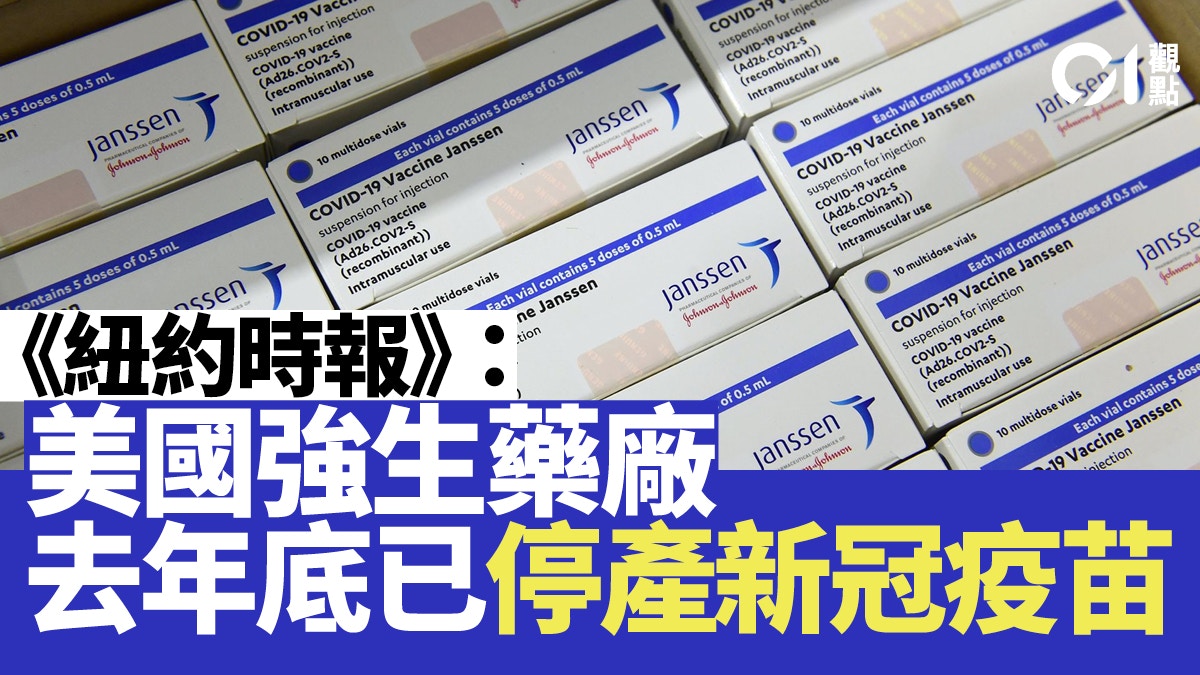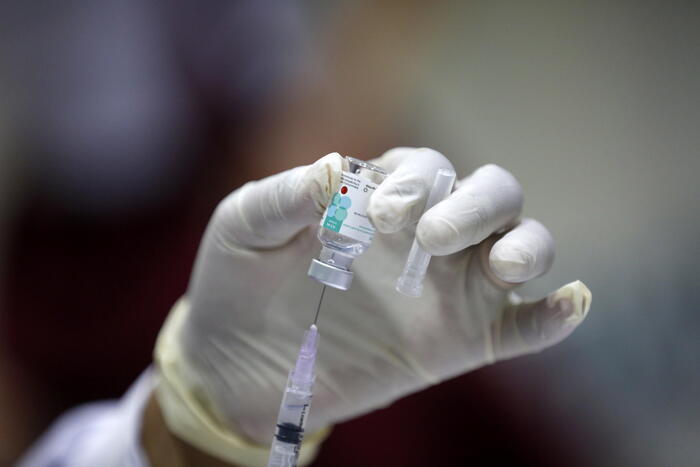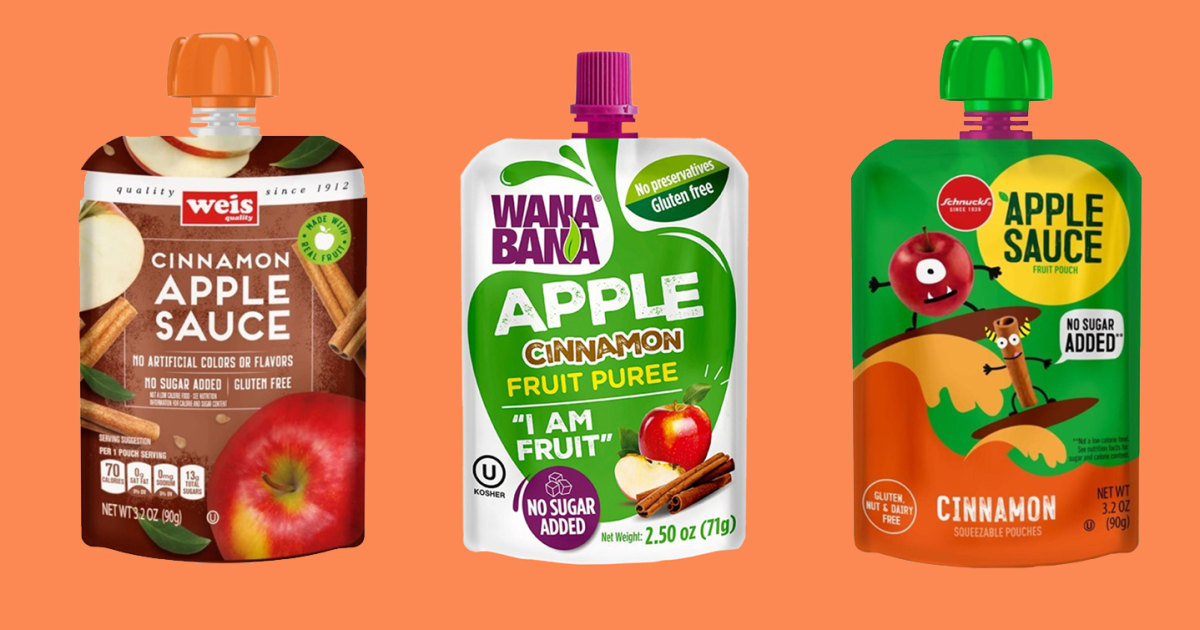The New York Times reported that Johnson & Johnson suspended the production of a new coronavirus vaccine at the end of last year, which has the potential to reduce the global vaccine supply by hundreds of millions of doses this year.
The company's plant in Leiden, the Netherlands, is said to have switched to making another experimental vaccine against respiratory syncytial virus (RSV).
The report quoted sources as saying that the new product is mainly used in clinical trials of the elderly in rich countries, and the potential market may be more profitable, but it has nothing to do with preventing the new crown virus disease.
Although the Johnson & Johnson vaccine has been questioned for its risk of thrombosis and insufficient protection since its launch, it has always been popular in many backward countries because of its low price and easy storage.
Ayoade Alakija, co-chair of the African Union's Africa Vaccine Delivery Initiative, shrugged off J&J's decision, saying: "This is not the time to change the production line of anything because people in developing countries are at stake."
New crown pneumonia: Johnson & Johnson's vaccine is developed by the company's Janssen Pharmaceuticals (Janssen) and is a single-dose vaccine.
(AP)
Pharma's profit before social responsibility
In fact, this incident is not the first time that Johnson & Johnson has been involved in a scandal over the supply of vaccines.
As early as last August, Tedros Ghebreyesus, director-general of the World Health Organization, denounced Johnson & Johnson's transfer of vaccines packaged in South Africa to Europe to exacerbate international uneven distribution.
In addition, Gavi chief executive Seth Berkley also pointed out that Johnson & Johnson failed to deliver the 200 million doses of the vaccine it promised in May last year.
It's worth noting that unlike Pfizer and Moderna, which make other Covid-19 vaccines, J&J hasn't been able to make much profit from the product.
The sales of the vaccine last year was about 2.4 billion US dollars, accounting for less than 3% of the company's total revenue, and it failed to reach the original target of 2.5 billion US dollars. The latest forecast last month that sales this year will only go to about 3.5 billion US dollars.
In a corporate creed written in 1943, the founding family of Johnson & Johnson stated: "We are accountable to the communities in which we live and work, and to the international community as a whole, and we must help by supporting better services and care in more parts of the world. People are getting healthier ... our ultimate responsibility is to our shareholders.” However, what the company has done recently may actually put the interests of shareholders before the welfare of society.
Johnson & Johnson logo.
(AP)
Government regulation market fills gaps
At a time when the variant virus is still raging, what most people expect Johnson & Johnson to do is to continue to study how to improve the protection of the vaccine, reduce the original risk of causing blood clots, or further expand and speed up the production line of the vaccine, but absolutely It will not be to transfer production capacity to other products at this moment, and the transmissibility and mortality of respiratory syncytial virus are still lower than those of the new coronavirus at this stage, and the severity is undoubtedly relatively low.
As a private company, however, Johnson & Johnson's pursuit of market profits is perfectly normal, even if it's morally unjustifiable.
After all, in a free market, a company will of course devote its resources and production capacity to more commercially profitable options.
But it is precisely because of this that it is even more necessary for other more powerful forces to intervene here, that is, the government that formulates various rules of the game.
In any case, the suspension of vaccine production by Johnson & Johnson once again shows that if companies are only guided by the market and lack government supervision, their behaviors will most likely not put social interests first.
In order to avoid this situation, appropriate intervention by the official authorities is necessary.
Unfortunately, many local governments, including the Hong Kong SAR government, seem to be superstitious about the power of the free market.
The US Democratic Party proposes to limit drug prices and get rid of interest groups. It's time for the global vaccine distribution to be extremely disparate. Why don't pharmaceutical companies share production technology?
Exempting vaccine intellectual property protection shakes the vested interest structure of pharmaceutical companies







